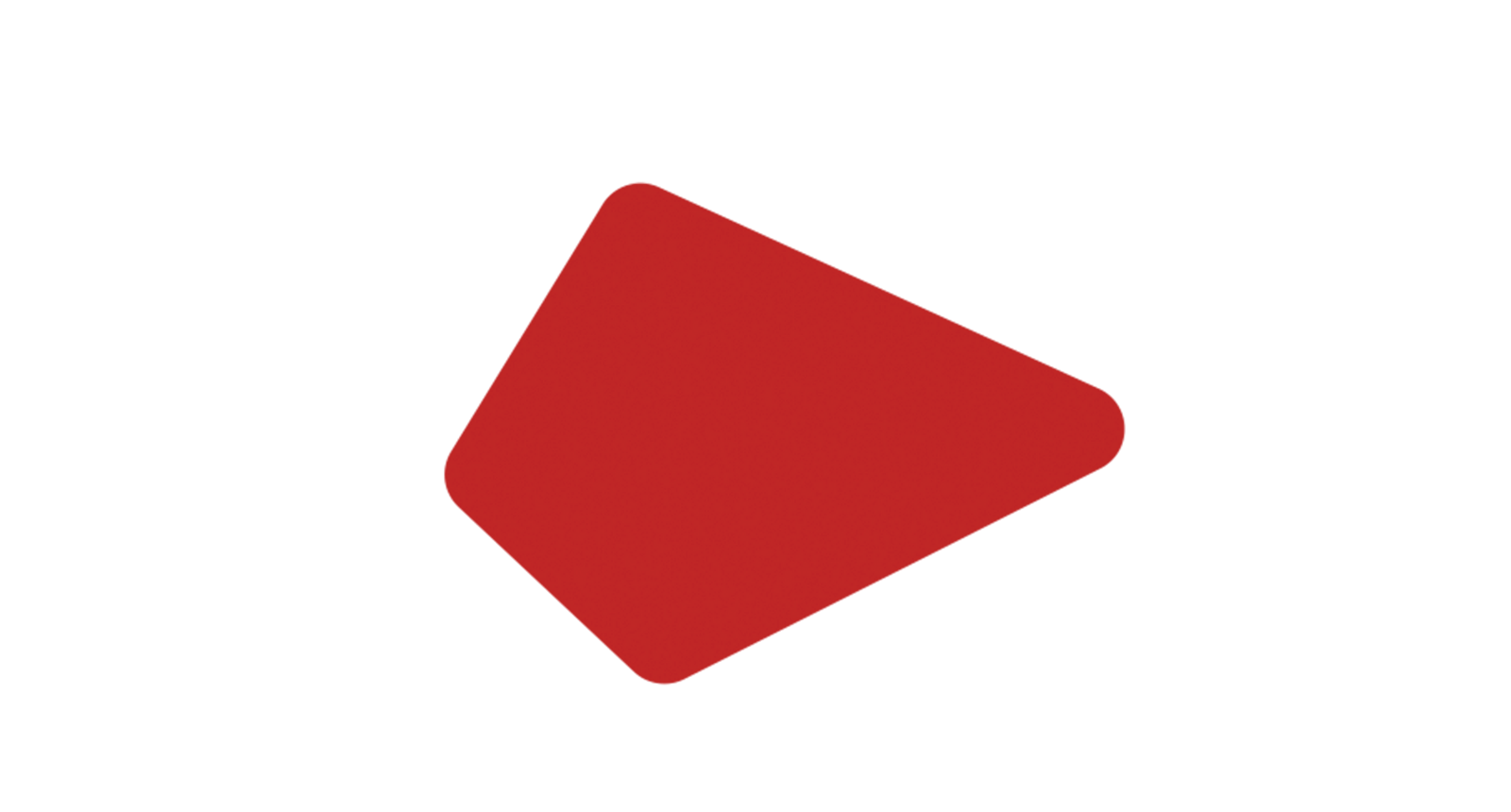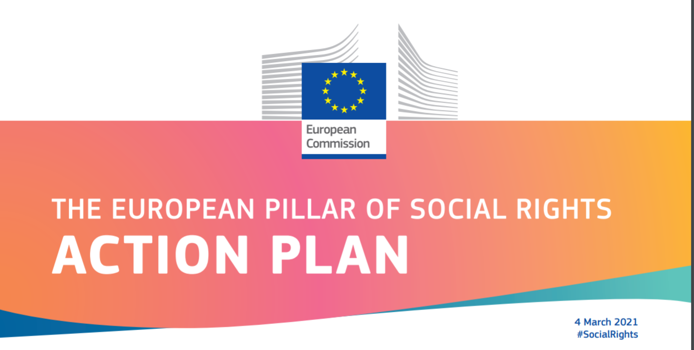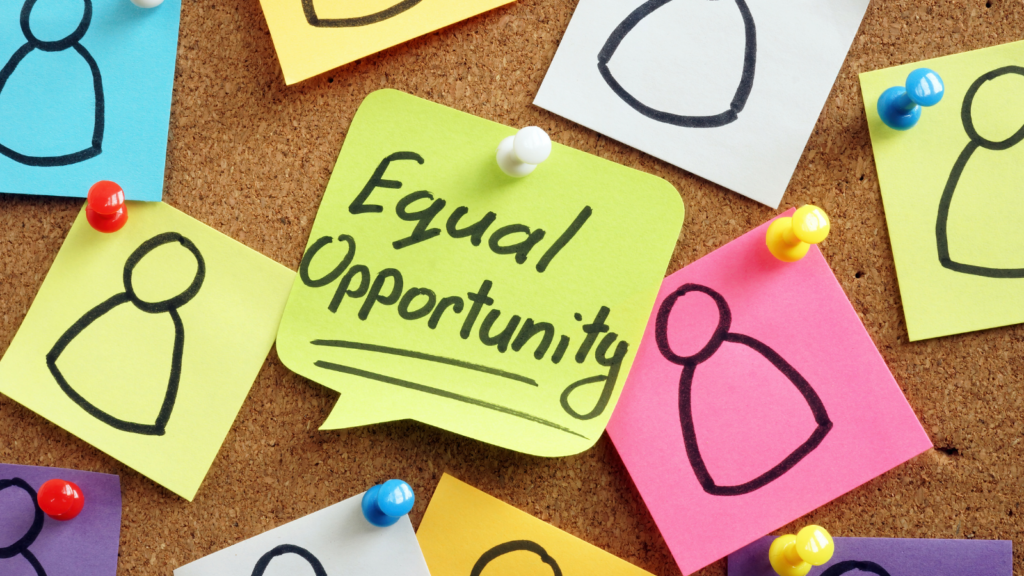Gender equality in care and pay in Europe has always been a slow-paced struggle. However, faced with an unprecedented challenge such as the Covid-19 pandemic, unequal structures have even more intensified where women are once again those carrying the greatest burden of families and society. On this International Women’s Day, COFACE Families Europe is therefore bringing into focus gender inequality in care and pay through a European expert seminar taking place tomorrow, 9th March from 9.15-11.15 CET.
Different reports have stated that during the pandemic of Covid-19 the gender care gap is on the increase, with women taking up a disproportionate share of additional household and caring tasks, despite the fact that many men have been teleworking as well. Women have also been hit harder economically than men. This policy and advocacy session on gender inequalities is not only needed to shine a light on Covid-19 related circumstances, but is set in a crucial moment of social developments within the EU. The session comes after a year of the adoption of the European Commission’s Gender Equality Strategy (GES), a few months after the EPSCO Council adopted conclusions and guidelines aiming at closing the care gap, and the European Parliament voted its own report on the GES.
How to reach gender equality in care and pay in the EU? The 2020 German Presidency of the EU invited the European Institute of Gender Equality (EIGE) to provide a report which emphasises with robust data, findings and policy recommendations why care is key to tackle the roots of gender inequalities. EIGE’s report will be presented tomorrow at the study session together with the German Presidency Council Conclusions on tackling the gender pay gap that were agreed last December 2020: Valuation and Distribution of Paid Work and Unpaid Care Work.
After setting the scene with the two keynote presentations from the European Institute for Gender Equality and the German Federal Ministry for Family Affairs, Senior Citizens, Women and Youth, a discussion will follow. Stakeholders from different backgrounds (researchers, policy makers, industry, civil organisations) are invited to join to analyse how to tackle different gender gaps (care and pay), exchange good practices and challenges, and build bridges within the different parties involved.
The Emperor Penguin is a perfect example that nature provides us of gender equality and co-responsibility. The Emperor Penguin tackles as well the stereotypical vision of “traditional” and old-fashioned distributions of roles, where women are caregivers and men are the breadwinners, just as COFACE Families Europe has always been promoting, and is highlighting on such a historic day as today on International Women’s Day!
Spread the word, and continue the discussion with our social media communities!
Full programme here.





